Just finished the book Road to Surrender: Three Men and the Countdown to the End of World War II by Evan Thomas. I heard the author interviewed on NPR and immediately ordered it. The book was a surprisingly quick read. About 100 pages of it are notes and references, so it’s even shorter than it looks.
My paternal grandfather fought in the Aleutian Islands of Alaska during World War II. He was preparing to ship out to invade Japan when the first atomic bomb was dropped on Japan. His war experience was, not surprisingly, the most significant, defining moment of his life, second only to leaving Catholicism and becoming a General Baptist minister. I loved my Papaw beyond words, but he was also a deeply conservative man who believed in some of the most outrageous conspiracy theories available in the 1970s and 80s. I had to take his comments with a grain of salt about WWII outside of his first-hand war experience, because he latched on to some things that he heard and that weren’t true.
One thing he always said, in so many words, was that the atomic bombs dropped on Japan saved his life, and saved the lives of many thousands of people, and not just USA lives, but the Japanese who would have fought to the last man. I’m not sure I ever really believed him, but I really wanted to know more. When I heard about this book, I knew I had to read it.
The book is exhaustive in its cited sources. In addition to all of the documents the author reviewed, he also poured over the diaries of not just US officials in the last year of the war, but Japanese officials as well. As a result, Evan Thomas gives you an in-the-room account of conversations and when and why decisions were made. I had trouble putting the book down when I would start reading it.
My thoughts after reading the book:
- I am comforted to know just how much US military commanders agonized over ariel bombings – and not just Hiroshima and Nagasaki. I never knew how distraught they were over the “regular” bombings all over Japan and Germany and how many civilians were dying. It affected their lives to their dying days – and in some cases, that agony shortened their lives. Do military commanders, snug in their control rooms a continent away, ever feel that way?
- The American men who made these decisions believed their country, the USA, was far more important than themselves, they were humble, they were frequently gripped with self-doubt, they were never 100% certain, they devoured data, they listened to opposing opinions and they never thought they were particularly smarter or better than any other person. They were so unlike what the US has now in the White House, on the Supreme Court, in Congress, and in state houses across this nation.
- I had no idea how much so many millions of people in the USA wanted the war in Japan to end, who felt to continue it was a growing waste. I’m pretty sure if the emperor had been killed and then the USA had accepted the conditional surrender of Japan, Americans would have been fine with that. They were tired of the death of their fathers, brothers, uncles, sons, nephews, neighbors – they were exhausted.
- I needed to be reminded of the fanaticism that gripped the Japanese military at that time. It was every bit as fanatical as the Nazis. They were ready to murder their military leadership before the emperor could surrender. Had they succeeded, the war would have gone on, the country likely would have fallen into civil war and extreme famine, and Russia would have merrily taken all the Japanese lands they could swallow. It was ONLY because the emperor got on the radio and surrendered, and the people heard him, that the war ended.
- I needed to be reminded of the profound racism of Japan at that time, every bit as strict and fierce as how the Nazis thought.
- The military formula for an invasion to work is that the invading forces outnumber the force they will encounter by 3 to 1. No military assessment put the numbers of Japanese fighters anywhere near that low at Kyushu, where the invasion would have taken place. In fact, many assessments put it at 1 to 1. The bloodbath on both sides would have been unimaginable.
Not that the math of the number that would have been lost in an invasion, civil war and famine in Japan versus how many were lost in the bombings of Hiroshima and Nagasaki makes me feel any better about the agonizing deaths and trauma of the people of Hiroshima and Nagasaki. Or war.
Stay human and humane, people.

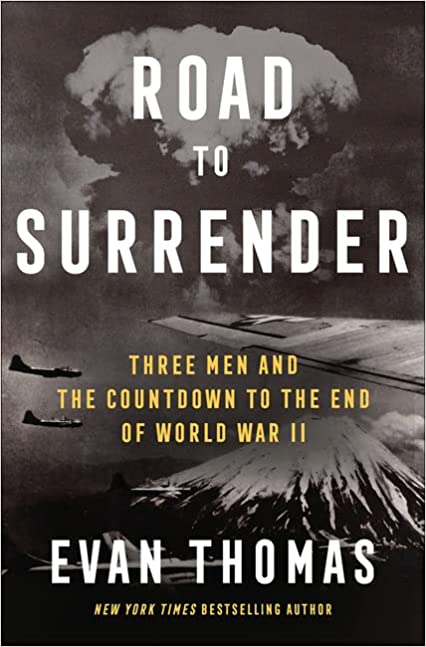
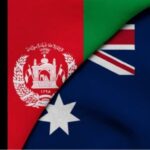




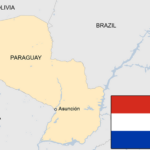
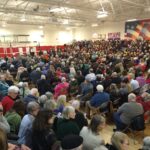

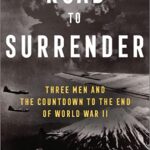


Leave a Reply